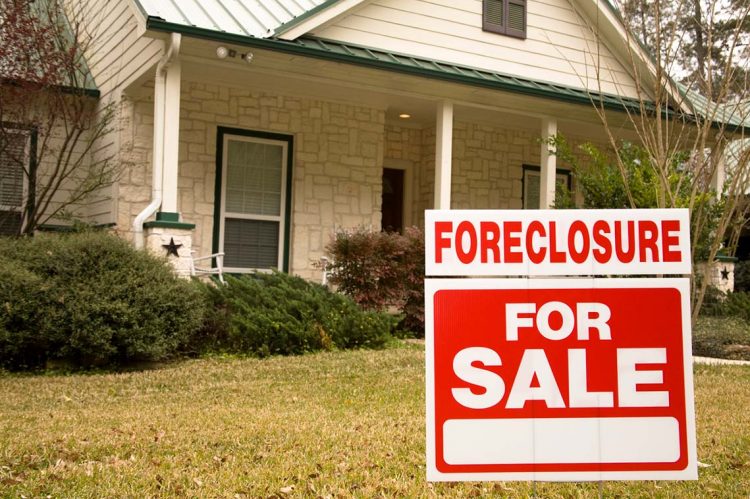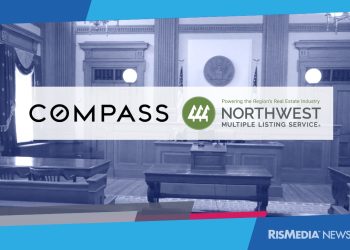As expected, the end of federal protections in September has coincided with a significant uptick in foreclosures, as default notices, scheduled auctions or bank repossessions spiked 34% in Q3 of this year according to a new report from ATTOM Data Solutions®, potentially foreshadowing a difficult winter for homeowners still struggling through the pandemic.
The extent of any looming crisis remains unclear, as industry experts have hoped lenders will work with distressed homeowners to prevent the more drastic consequences of financial hardships.
But without governmental protections, it appears that many banks are willing to at least start the process. New foreclosure filings in September 2021 were more than double compared to September 2020, as lenders hurried to begin the process as soon as protections ended, according to the report.
“So far the government and the mortgage industry have worked together to do an extraordinary job of preventing millions of unnecessary foreclosures using the foreclosure moratorium and mortgage forbearance program,” said Rick Sharga, executive vice president at ATTOM subsidiary RealtyTrac, in a statement. “But there are hundreds of thousands of borrowers scheduled to exit forbearance in the next two months, and it’s possible that we might see a higher percentage of those borrowers default on their loans.”
By the Numbers
In news that could be construed as positive, foreclosures overall are far below levels seen in recent years and are very unlikely to breach those benchmarks by year’s end, even with significant increases according to the report.
“Despite the increased level of foreclosure activity in September, we’re still far below historically normal numbers,” said Sharga. “September foreclosure actions were almost 70%lower than they were prior to the COVID-19 pandemic in September of 2019, and Q3 foreclosure activity was 60%lower than the same quarter that year.”
That is almost certainly because of forbearance and the federal foreclosure moratorium, rather than a reflection on the broader economic outlook for borrowers. And the situation for many could still be dire.
Bank repossessions also jumped 22% in Q3, according to the report; and last month saw an 8% increase in completed foreclosures over the previous month, indicating that many borrowers are not able to defer payments or exit foreclosure in other ways.
Overall, a total of 45,517 properties had foreclosure filings in Q3 2021.
Geography
The rate of foreclosures in Q3 of 2021 did not appear to correlate geographically with any particularly strong pattern. In order, Nevada, Illinois, Delaware, New Jersey and Florida were the top states, all seeing more than one out of every 2,000 properties in the foreclosure process. As far as metros, Atlantic City, New Jersey (one in every 709 housing units with a foreclosure filing); Peoria, Illinois (one in every 754); Bakersfield, California (one in every 923); Cleveland, Ohio (one in every 936); and Las Vegas, Nevada (one in every 1,167) were the hardest hit.
Least affected states were decidedly more rural and included South Dakota, West Virginia, Oregon, Montana and North Dakota. All had foreclosure rates less than one out of every 15,000 properties.
As far as completed foreclosures, Illinois and Florida (with 965 and 564 properties repossessed, respectively) were joined by Pennsylvania (480 properties); Michigan (401) and New York (370). Overall, 2,682 housing units nationwide completed foreclosures in September, up 33% from a year ago.
 Jesse Williams is RISMedia’s associate online editor. Email him your real estate news ideas to jwilliams@rismedia.com.
Jesse Williams is RISMedia’s associate online editor. Email him your real estate news ideas to jwilliams@rismedia.com.












